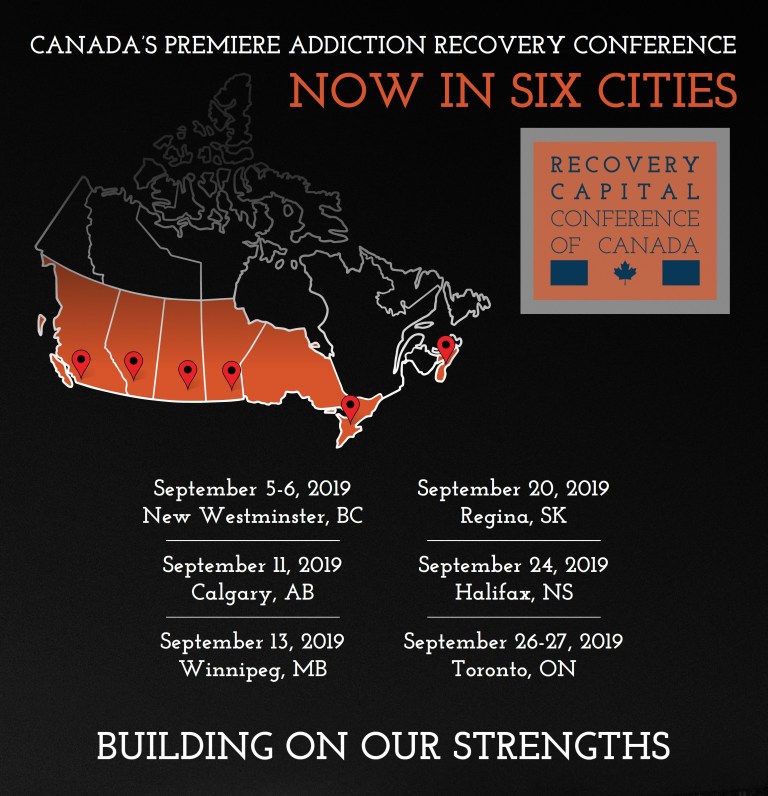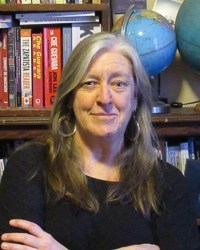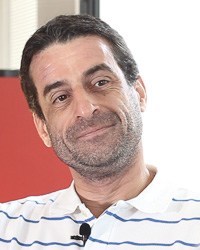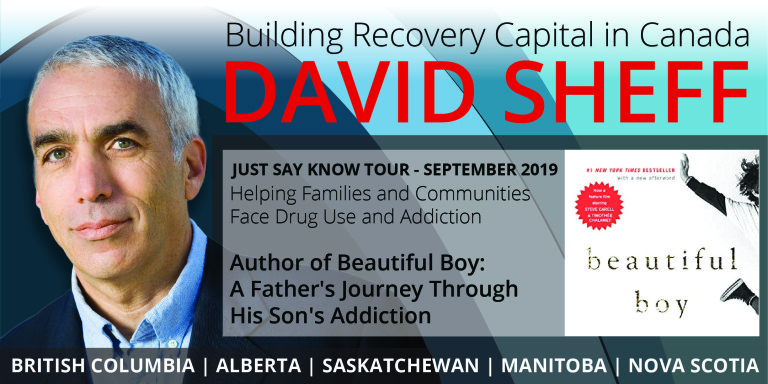OVERCOMING SUBSTANCE USE AND ADDICTIONS IN CANADA
The Recovery Capital Conference of Canada (RCCC) is being held in 6 cities across Canada–New Westminster, Calgary, Regina, Toronto, Halifax and, with SRWC as co-presenter, Winnipeg.
  |
This year’s theme for the conference is “Building on our Strengths”. The event features keynote speakers, workshops, and dialogue opportunities to help create Canada’s National Recovery Capital Assessment Toolkit.
The RCCC sold out in 2017 and 2018 — while Recovery Day in BC hosted record crowds of over 20,000 people.
This year, the RCCC will focus on Building Recovery Capital by engaging individuals for a better understanding of Recovery Capital and how to foster it in individuals, workplaces, families and communities.
Healthcare professionals, people in recovery, people who use substances, the general public, unions, occupational health leaders and families will be engaged in this cross-Canada campaign. Join us for a national dialogue where delegates will provide input regarding Building Recovery Capital in Canada, and offering suggestions for a Recovery Capital Tool Kit for Canadians, designed by Canadian substance use and addiction recovery stakeholders–like you.
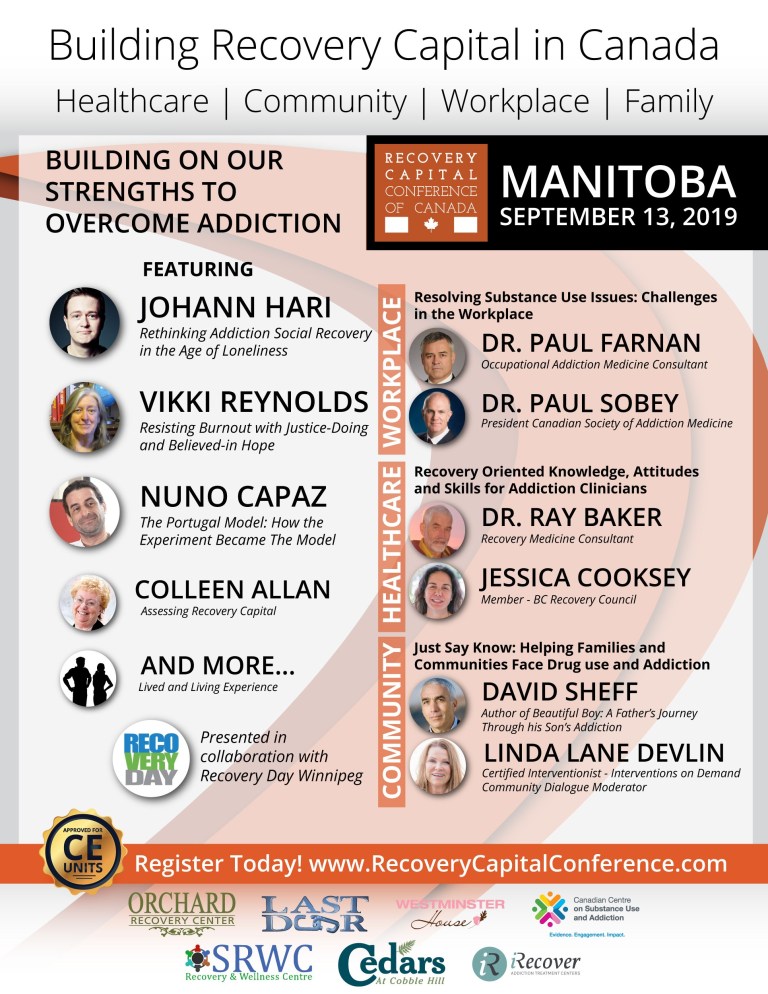
Presented by
Last Door Recovery Society | Westminster House, | Canada Centre on Substance | SRWC (St Raphael Wellness Centre) | Cedars at Cobble Hill | Orchard Recovery Centre | iRecover Addiction Treatment
  |
KEYNOTE SPEAKERS

Johann Hari
Rethinking Addiction Social Recovery in the Age of Loneliness
For Johann Hari, drugs have always been personal. One of his earliest memories is of being unable to wake a relative. Since then, he’s watched loved ones struggle with addiction, all the while believing in the basic story about drugs and dependency echoed by our teachers and governments. That is, until he set out to find his own answers. Embarking upon a 30,000-mile, 12-country journey to really understand the war on drugs, Hari uncovered a much different narrative—that everything we’ve been told about addiction for the past 100 years is wrong.
Vikki Reynolds
A Consultant, Instructor and Supervisor specializing in Team Development, Resisting Burnout and Organizational Change. Her work addresses Addiction, Substance Misuse, Diversity, Homelessness, Trauma and Violence.
Resisting Burnout with Justice-Doing and Believed-in Hope
I will differentiate vicarious trauma & Burn Out from the spiritual and ethical pain that our work engenders when we are unable to provide dignity and social justice with the people we want to be useful to. We’ll look at our solidarity and ‘shouldering each other up in dark times immersed in mean spirited politics and neo-liberalism. I will invite us to consider the transformations our work and the people we work alongside co-create. We’ll explore our relationship to a believed in hope, and resisting charitable and patronizing self-care prescriptions to workers. We will also consider a frame for Resisting Burn out that is client-centered, based on how we treat people, and resist pathologizing ourselves and other workers as mentally ill and deficient…and that’s going to bring us to The Zone of Fabulousness.
Nuno Capaz
Portugal’s Dissuasion Commission
The Portugal Model: How the Experiment Became the Model’
From Crisis to Solution, Practical explanation on how the Dissuasion Commissions work on a daily basis. It’s more than just decriminalization.
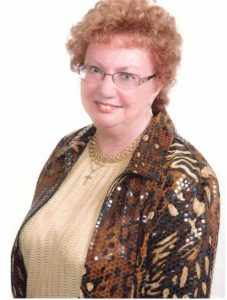
Colleen Allan
Assessing Recovery Capital
Executive Director of SRWC
Ms. Allan is the Executive Director of the St. Raphael Wellness Centre, a non-profit, community-based addictions recovery centre which offers pre and post recovery based on the Continuum of Recovery Model and the Stages of change. Ms. Allan is a pioneer in the Addiction field, having been part of the journey of the AFM for over 40 years being in the forefront of emerging trends and needs for those suffering from addiction, before joining SRWC as its Executive Director, She is a National and International educator and trainer in the field, and has worked with the Dept. of National Defense both nationally and internationally as well as being seconded to the Correction Service of Canada in Ottawa, to head a Task Force on a Strategic Plan for Offenders from Orientation to Community Release. Under Ms. Allan’s direction, SRWC has been using Recovery Capital Measurement tools for years to help participants identify their strengths and opportunities.
Ms. Allan has been an advocate for social justice and the empowerment of women. She is the recipient of the YWCA award as a Women of Distinction for Volunteerism, Advocacy and Community Involvement.
  |
David Sheff (EVENING SESSION ONLY)
An American author of the books Clean: Overcoming Addiction and Ending America’s Greatest Tragedy and Beautiful Boy: A Father’s Journey Through His Son’s Addiction (#1 New York Times bestseller, Now a Major Motion Picture Starring Steve Carell and Timothee Chalamet)
Just Say Know: Helping Families and Communities Face the Drug-use and Addiction
In the past, people thought addiction was a choice made by people without will power or morals, who wanted to get high no matter how much they hurt their loved ones – or themselves. Suffers were shamed and blamed. We demanded of them confession and contrition.
But addiction isn’t a choice. It’s a progressive, chronic, and potentially fatal disease. People who are ill don’t need blame, chastisement, or punishment, but compassion, support, and the best medical treatment available.
Addiction doesn’t only affect the one who’s ill, but their family; every family with an addicted loved one knows the confusion, debilitation, and fear. Like their addicted loved one, they need support. They also need help navigating what can be the most harrowing challenge they’ll ever face.
The good news is that the addicted – and their families – can heal. No person or family can face addiction alone. To help our loved ones and families, communities must come together and work together. Our efforts must involve the efforts of parents, teachers and schools, social services agencies, providers of health care, businesses, faith-based groups, law enforcement, politicians, and others. When we face addiction together, we move out of darkness and suffering and into light, hope, and healing.
  |



